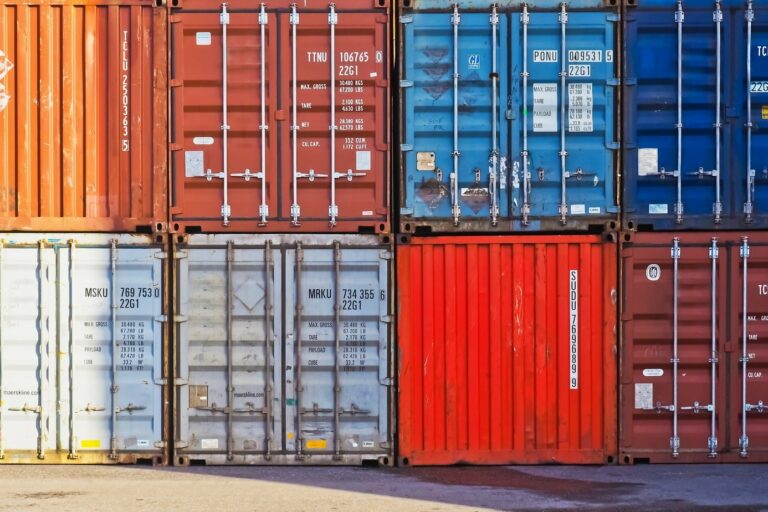Carbon Border Adjustment Mechanism: What It Is and How It Affects International Trade and Climate Change
The European Union (EU) has recently adopted a new policy that could help combat climate change and promote sustainable trade. The Carbon Border Adjustment Mechanism (CBAM) is a new tax on imports that is based on the amount of carbon dioxide (CO2) emitted during the production of goods. This policy is the first of its kind and could set a precedent for other major economies to follow. In this article, we’ll explore what CBAM is, how it affects international trade and climate change, and the challenges it presents.
Definition of Carbon Border Adjustment Mechanism (CBAM)
CBAM is a tax on imports that is based on the amount of CO2 emitted during the production of goods. The policy aims to level the playing field for businesses by ensuring that imported goods are subject to the same environmental standards as those produced within the EU. CBAM applies to a range of goods, including iron, steel, cement, aluminum, fertilizers, electricity, and hydrogen. The tax will be phased in over the course of nine years starting in 2026.
Benefits of CBAM for International Trade
CBAM has several benefits for international trade. First, it levels the playing field for businesses by ensuring that imported goods are subject to the same environmental standards as those produced within the EU. This reduces the competitive advantage of businesses that produce goods in countries with lax environmental regulations.
Second, CBAM encourages sustainable production and consumption by incentivizing businesses to reduce their carbon footprint. This, in turn, can lead to the development of new technologies and practices that reduce greenhouse gas emissions.
Third, CBAM reduces carbon leakage by discouraging businesses from relocating to countries with lax environmental regulations. This can help prevent the outsourcing of jobs and production to countries with lower environmental standards.
Finally, CBAM promotes global cooperation on climate change by setting a precedent for other major economies to follow. This can help create a more level playing field for businesses and promote sustainable trade on a global scale.
Benefits of CBAM for Climate Change
CBAM has several benefits for climate change. First, it reduces greenhouse gas emissions by incentivizing businesses to reduce their carbon footprint. This can lead to the development of new technologies and practices that reduce emissions and promote sustainable production and consumption.
Second, CBAM encourages the transition to a low-carbon economy by incentivizing businesses to invest in renewable energy and other low-carbon technologies. This can help create new jobs and industries that support the transition to a more sustainable future.
Finally, CBAM supports the EU’s climate neutrality goals by reducing greenhouse gas emissions from imported goods. This can help the EU achieve its target of net-zero emissions by 2050.
Challenges of CBAM
CBAM presents several challenges for businesses and policymakers. First, the policy is complex and requires a significant amount of administrative work to implement. This can create a burden for businesses and increase the cost of compliance.
Second, CBAM could lead to trade disputes with countries that are subject to the tax. This could create tensions between the EU and other major economies and lead to retaliatory measures.
Finally, CBAM could have an impact on businesses and consumers by increasing the cost of imported goods. This could lead to higher prices for consumers and reduce the competitiveness of businesses that rely on imported goods.
CBAM is a new policy that has the potential to benefit international trade and combat climate change. By incentivizing businesses to reduce their carbon footprint and promoting sustainable production and consumption, CBAM can help create a more level playing field for businesses and promote sustainable trade on a global scale. However, the policy presents several challenges that must be addressed by policymakers and businesses. Overall, CBAM represents an important step towards a more sustainable future and could set a precedent for other major economies to follow.
Sources: https://www.npr.org/2023/05/17/1171238285/how-a-european-law-might-get-companies-around-the-world-to-cut-climate-pollution






